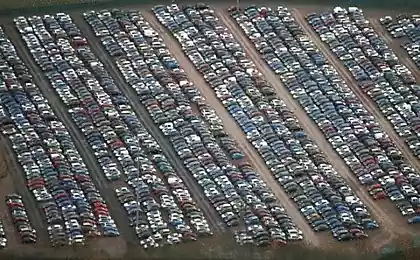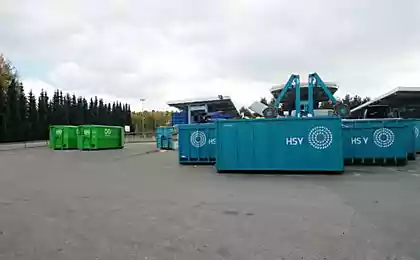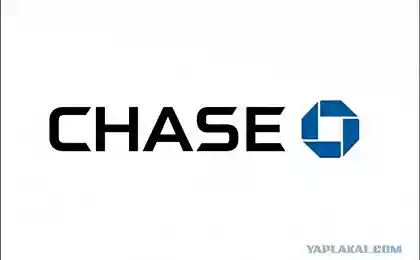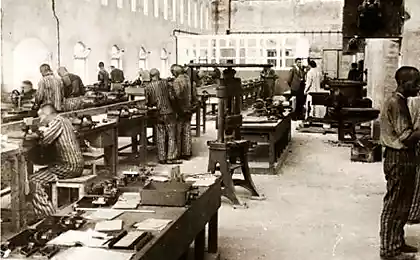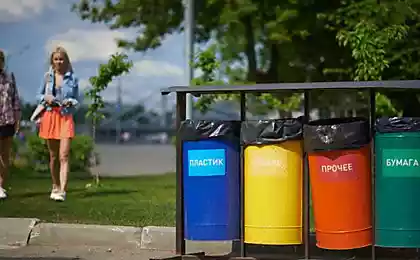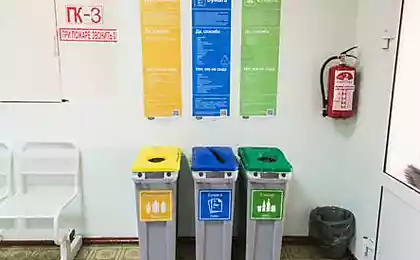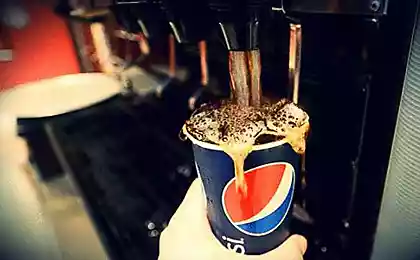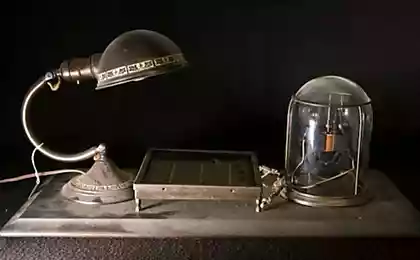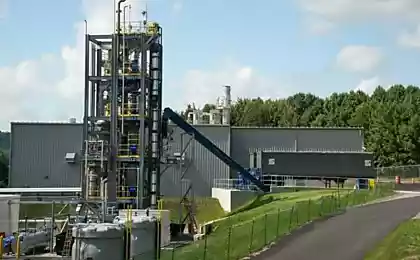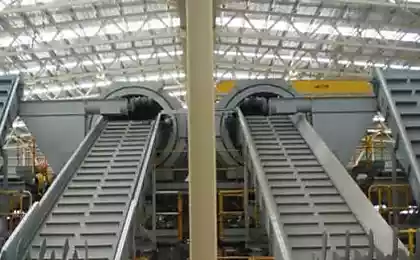438
The British branch of Nestle is to produce electricity from unsold candy
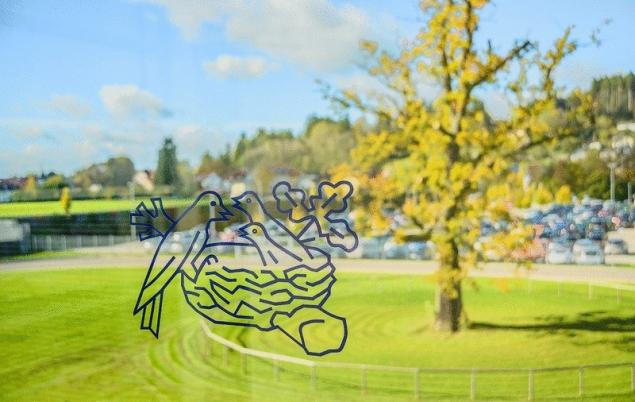
Confectionery factory Nestle, located in Fawdon, UK, recently installed a device for the production of 200 kW of electricity from unsold chocolates and residual raw material used for the manufacture of confectionery. The device is based on the technology of anaerobic digestion, when the decomposition of waste generates methane gas.
Bio-reactor, and a unit to generate electricity was built by Clearfleau, which deals with installations for wastewater treatment and by-products from meat and dairy and food processing industry, enterprises for production of biofuels etc. the Construction of the power block was conducted with funding from the British government in the framework of the Programme of action for waste disposal Waste & Resources Action Programme.
In the process a new installation, the residual starch, unsold or stale chocolate and confectionery products to obtain methane, which then goes to power generation. Per day bio-reactor capable of processing 200 thousand liters of raw materials and 1,200 tonnes of residues. The power unit produces electricity, sufficient to cover about 8 percent of the total daily requirement of the treatment plant's electricity. This, in turn, saves about 100 thousand pounds a year.
It should be noted that Nestle has developed a detailed programme to combat climate change and greenhouse gas emissions, and water conservation and waste management. The company plans by 2020 to cut emissions from process operations in the UK by 40 percent.
To achieve these goals, the company implemented a number of measures to improve the efficiency of water use at its facilities and reduced water consumption by 38 percent since 2006. In 2012, the company invested $ 475 thousand pounds to improve the environmental sustainability of confectionery factories in Germane and Laudone. Moreover, in the same year, Nestle has allocated 1.65 million pounds in aid to the British environment Agency and local partners to develop a system of flood protection in the lower reaches of the river Dove in South Derbyshire.
Well, currently, the company uses packaging material, 92 per cent recycled content. Some factories Nestle has reached a zero level of industrial waste.
Source: www.cheburek.net

